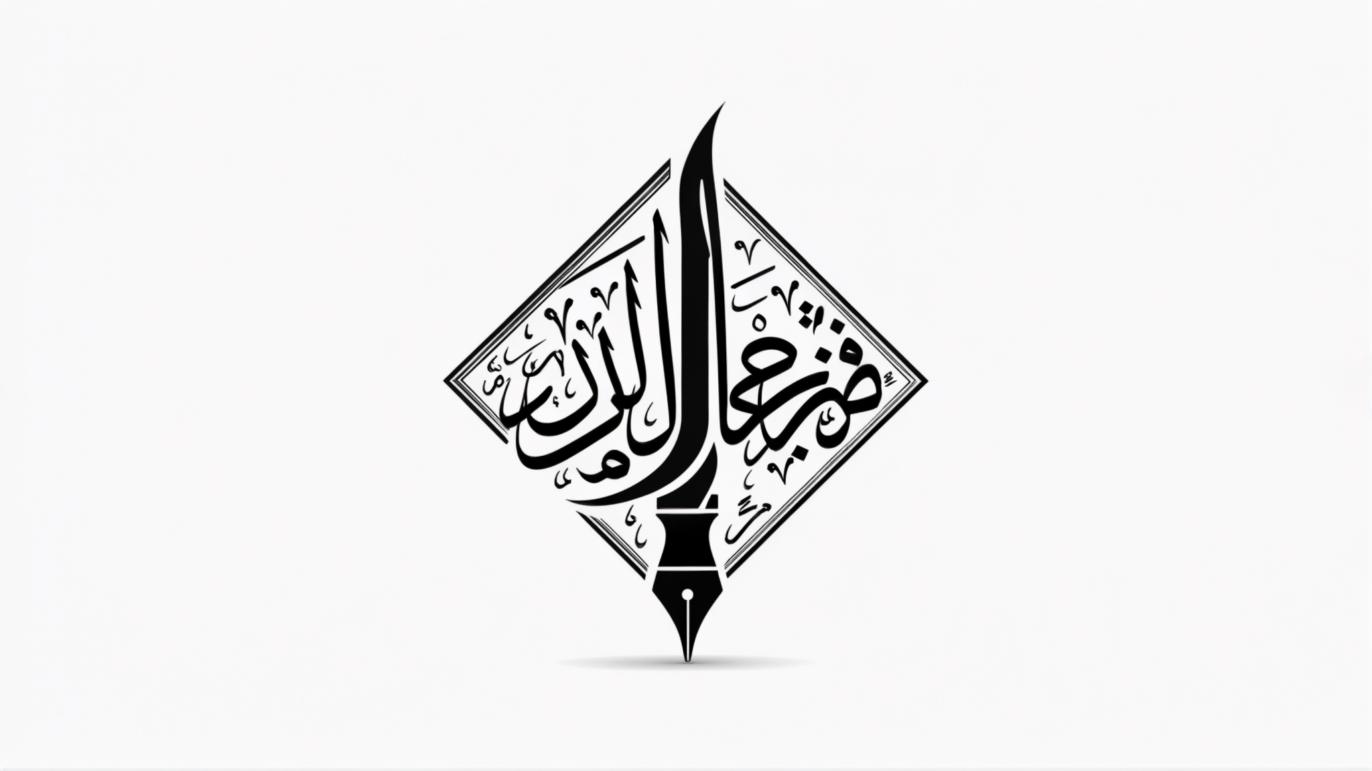Kashf Ash-Shubuhat – Chapter 1: The First Doubt - Intercession
A study of Chapter 1 from Kashf Ash-Shubuhat by Shaykh Muhammad Ibn Abdul Wahab, focusing on the first doubt regarding intercession.
Kashf Ash-Shubuhat – Chapter 1: The First Doubt - Intercession
بِسْمِ ٱللَّهِ ٱلرَّحْمَٰنِ ٱلرَّحِيمِ
In the name of Allah, the Most Gracious, the Most Merciful
Introduction
This post begins our journey through Kashf Ash-Shubuhat (Removal of Doubts) by Shaykh Muhammad Ibn Abdul Wahab. This book addresses common doubts and misconceptions about Tauhid and Shirk.
Chapter 1: The First Doubt - Intercession
What is Kashf Ash-Shubuhat?
Kashf Ash-Shubuhat means “Removal of Doubts.” This book addresses the doubts and misconceptions that people have about monotheism and polytheism, providing clear answers based on the Quran and Sunnah. It is one of the most important works of Shaykh Muhammad Ibn Abdul Wahab for understanding the correct Islamic creed.
Quranic Evidence
“Say: ‘To Allah belongs all intercession. His is the dominion of the heavens and the earth. Then to Him you will be returned.’” (Quran 39:44)
“And they worship besides Allah that which neither harms them nor benefits them, and they say, ‘These are our intercessors with Allah.’ Say: ‘Do you inform Allah of something He does not know in the heavens or on the earth?’ Exalted is He and high above what they associate with Him.” (Quran 10:18)
Hadith Evidence
- The Prophet (ﷺ) said: “When you ask, ask Allah, and when you seek help, seek help from Allah.” (Tirmidhi)
The First Doubt: Intercession
The first doubt that the author addresses is about intercession - the belief that certain people or beings can intercede with Allah on behalf of others.
The Doubt
Some people believe that:
- The dead can intercede for the living
- Prophets and saints can grant intercession
- Certain objects or places have intercessory power
- Intercession can be sought from other than Allah
The Clarification
The Quran and Sunnah clarify that:
- All intercession belongs to Allah - No one can intercede except with His permission
- Intercession is only for believers - Those who die upon shirk will not be granted intercession
- Seeking intercession from the dead is shirk - This is a form of worshiping other than Allah
- True intercession is only in the Hereafter - And only for those whom Allah permits
Types of Forbidden Intercession
1. Seeking Intercession from the Dead
- Calling upon deceased prophets, saints, or righteous people
- Believing they can hear and respond to requests
- Making dua to them instead of Allah
2. Seeking Intercession through Objects
- Using graves, relics, or holy places as intermediaries
- Believing certain objects have special power
- Making tawaf around graves or objects
3. Seeking Intercession from Living People
- Believing certain people have special access to Allah
- Thinking scholars or righteous people can guarantee intercession
- Relying on others instead of Allah
The Correct Understanding
- Intercession is a reality, but it belongs to Allah alone
- Only Allah can grant intercession to whom He wills
- The way to seek Allah’s help is through direct supplication
- Good deeds and sincere worship are the means to Allah’s mercy
Key Lessons
- All intercession belongs to Allah alone
- Seeking intercession from other than Allah is shirk
- The proper way to seek help is through direct dua to Allah
- True intercession is only granted to believers in the Hereafter
Next: Chapter 2 – The Second Doubt - Seeking Help

